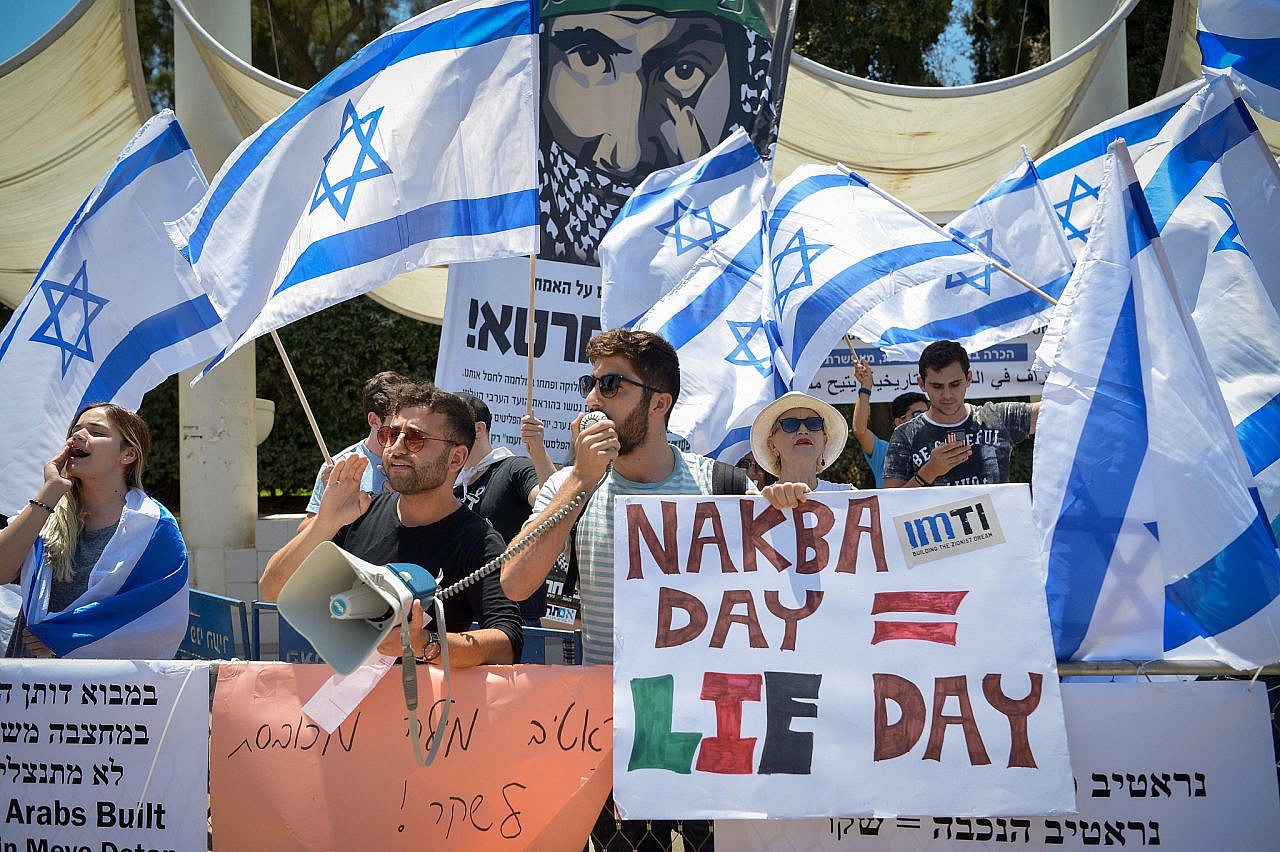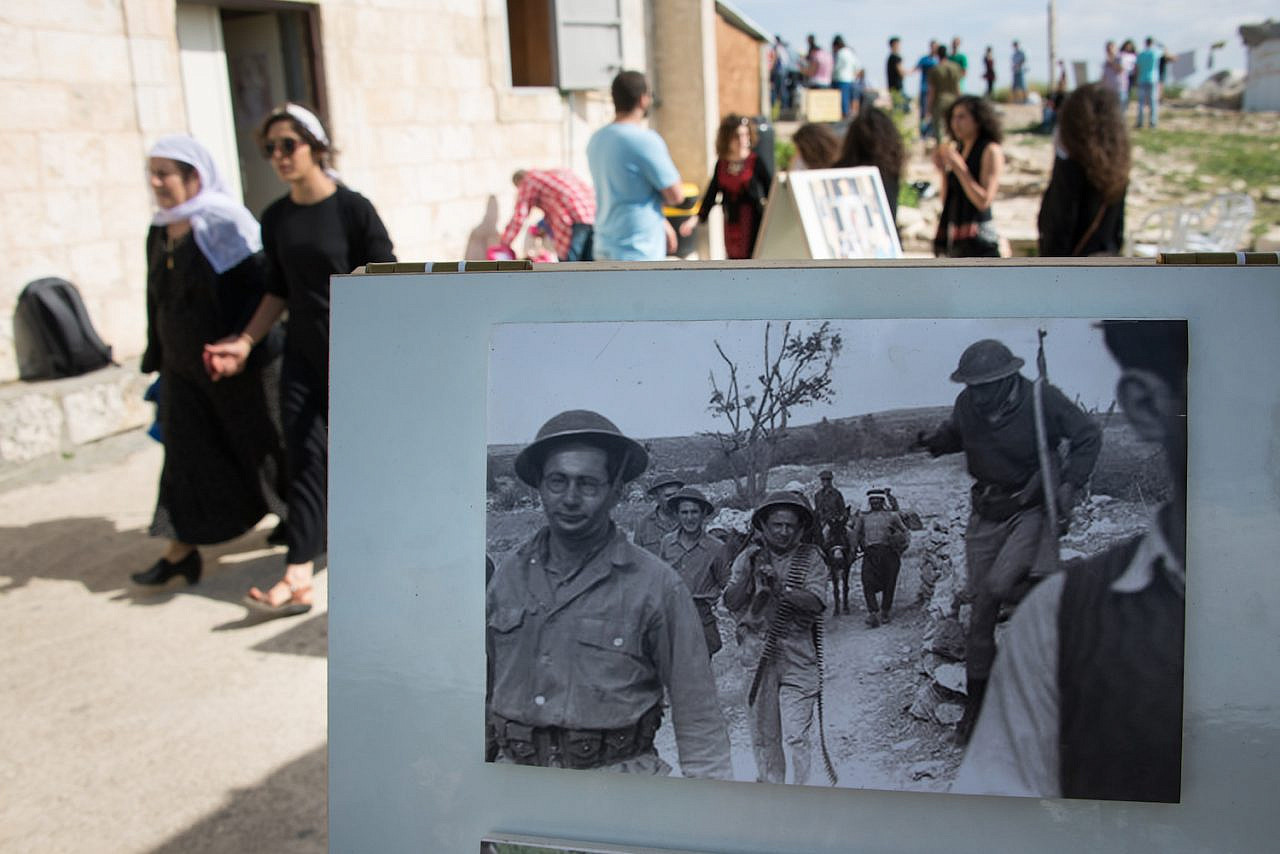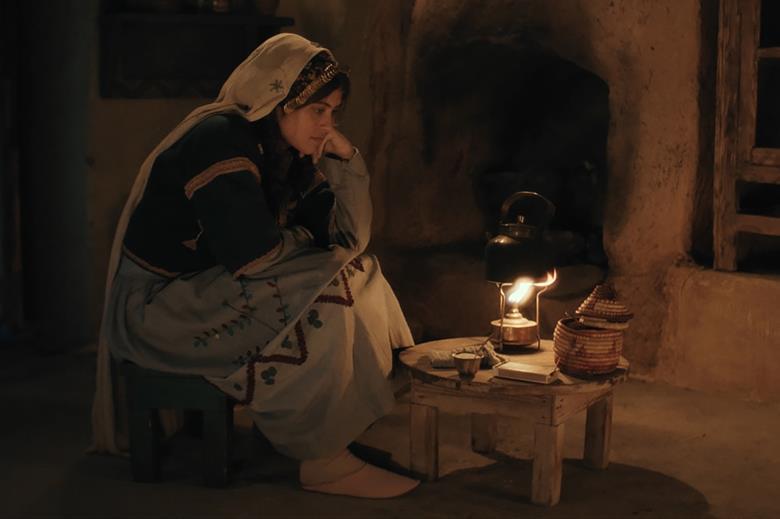Who gets to tell the story of their oppression? The question arguably goes back to imperial times when kings ruled their subjects with impunity and sold the victims of their conquests into slavery. The answer, in those days, was fairly simple: the oppressed did not get to narrate their own story. History was written by the victors; the losers often disappeared and were forgotten, only occasionally to be discovered much later by historians, if at all.
Modernity offered a different, much more complex template, in which the oppressed — and especially the colonized — began to have a voice. Landmark texts such as Martinican philosopher Frantz Fanon’s “The Wretched of the Earth” (1961); Toni Morrison’s 1987 novel “Beloved”; and Gayatri Spivak’s 1988 essay “Can the Subaltern Speak?” gave voice to those silenced by colonialism and slavery. And in Palestine, Mahmoud Darwish, born in the Galilee, gave voice to the plight of Palestinians after the establishment of Israel in 1948.
But even given these examples, the story of oppression, colonialism, and marginalized populations usually gets told by those in power. This is certainly the case in Israel/Palestine, and yet not with the Jewish people. Jews have been writing about their various states of oppression and marginalization for centuries. When it comes to Jews being the recipients of state power, and are not the oppressed but rather the oppressors, however, they seem reluctant to allow those under their aegis to tell their own story: indeed, much of what the English-speaking public knows about the Israeli/Palestinian “conflict” comes from the Israeli side, which includes Israelis critical of it. Can you imagine if, for example, only the Spaniards told the story of the Spanish Expulsion in 1492? Yet this is approaching the longstanding dynamic in Israel/Palestine: the Palestinian voice is often muted, and when it emerges, as in the case of Darwish early in his career, it is often suppressed.
Pushing back on a lie
This history is why “Farha,” a new, powerful film from director Darin J. Sallam, is so important. It gives us a view of the Arab-Israeli War in 1948 from, as Edward Said put it, the “standpoint of its victims”: in this case, a Palestinian teenager.
Sallam offers us an intense window, loosely based on a true story, onto the state of Palestinian oppression. The film tells the story of Farha, a 14-year-old Palestinian girl who spends part of the war locked in a storage cellar in her village — put there by her father (who promises to return and never does), who is trying to protect her from Israeli forces.
The politics of the film are never fleshed out: rather, what we witness through Farha’s eyes, and through her terror, is the personal toll of watching the destruction of one’s world so that another can take its place.
This film is, naturally, anti-Israel, told by the victims of Zionism. How can it be anything else? To argue that Zionism, like all nationalist movements, doesn’t have its victims is to perpetuate the lie of “a people without a land for land without a people.” It is common for some of Israel’s defenders to say that the destructions of 1948 were “necessary.” But “Farha” shows that the death of the innocent is only “necessary” if one’s heart stops beating.
As is often the case in these times, the reception of “Farha” became its own story. Israel tried to prevent the film’s release; Avigdor Liberman, the far-right MK, accused Netflix — which added “Farha” to its catalog last month — of “stream[ing] a movie whose sole purpose is to create a false pretense and incite against Israeli soldiers.” Jews around the world reportedly canceled their Netflix subscriptions. Next came myriad posts on social media claiming that the story was not, in fact, “based on true events” — that it was a fabrication meant only to incite. Of course, no evidence is provided for this accusation. And therein lies the rub. What exactly can’t be true? That some Israeli soldiers in 1948 committed acts of atrocity in liquidating Palestinian villages? That Palestinian civilians were killed for no reason?
One doesn’t even need to adopt the Palestinian narrative to be convinced of those accounts. The Israeli historian Benny Morris’ book “The Birth of the Palestinian Refugee Problem, 1947-1949,” provides plenty of evidence to support what we see in “Farha.” Even in the book’s 2012 second edition, “The Birth of the Palestinian Refugee Problem Revisited,” where Morris offers justifications for such war crimes, he never denies them. Nor does Ari Shavit in his reconstruction of the Lydd (Lod) massacre in his book “My Promised Land.” Other such examples abound: “Censored Voices,” the film version of the 1967 Hebrew book “The Seventh Day: Soldiers’ Talk about the Six-Day War” (“Siah Lokhamim”), edited by Avraham Shapira, for example. Or “Tantura,” Alon Schwarz’s recent film about the 1948 massacre in the eponymous Palestinian village.
An act of colonialism
So what, exactly, is going on here? Why has “Farha” become a lightning-rod for Jewish rage and angst, such that some tried to prevent its release? The reason given by some who criticized its release is that it will provoke antisemitism. Does that mean we just bury the story, make believe a massacre never happened, and call its witnesses and survivors liars? In ״Tantura״ a soldier in the unit that liquidated the village is asked why he never talked about the incident. He replies with a chuckle, “What, I should tell people that I was a murderer?”
The real answer as to why some tried to silence the film is more complicated, and takes us back to important points about colonialism as both a political project and an existential posture. For example, “The Colonizer and the Colonized,” Albert Memmi’s classic text about French colonialism in Algeria, discusses how the colonizer deprives the colonized of a voice — above all to prevent them from telling their own story. Built into colonization is the principle of justification. The colonizer knows they must justify their actions, both to themselves, and to the colonized. Colonization is not like pre-modern conquest that, in those days, demanded no justification. Colonization is both assertive and defensive at the same time; it must justify the act as being both legitimate and moral.

In classic Christian colonialism this is done by asserting the “civilized” nature of Christianity that is spread to the “uncivilized” colonized population. But in the case of Israel it is different. Israel is not trying to convert the indigenous population. Quite the opposite: the separation of Jews and non-Jews in the land of Israel is preferred by most Zionists. Rather, in the case of Israel the justification for colonial behavior is founded on the merging of homeland and nation-state. The land of Israel as the Jewish homeland is rooted in the Hebrew Bible; as Zionist leader and first prime minister of Israel David Ben-Gurion once said, “the Bible is our mandate.”
Yet Zionism takes this notion of homeland and argues that the nation-state is its inevitable and logical culmination. And thus the justification of Zionism’s behavior is rightful ownership of the land and the legitimacy of its conquest, even in all its messiness. Enabling the conquered or colonized to tell their own story threatens to undermine the supposition upon which the Zionist story is based, as the conquered do not share the same premises as the conqueror. Giving the colonized a voice detracts from colonialism’s justification.
Of course, the colonized should tell their own story. Yet when a film such as “Farha” gives us a stark visual narrative of the same atrocities that have been repeatedly confirmed by Israeli perpetrators and historians, there is a campaign to silence it. Why is it that only Israelis can tell the stories of their own abuses?
The rage against “Farha” is in one sense quite predictable, even expected. This is because “Farha” depicts the Israeli assault as an act of colonialism. Aside from the more formal question as to whether Zionism is or is not colonialism, even if a society is not formally colonialist, as Memmi describes in his book and Spivak implies in her essay, they can act as colonizers. “Farha” illustrates that — and the attempt to silence “Farha” is itself an act of colonialism. Depriving the colonized of the right to tell their story is precisely what colonialism does to prevent the weakening of its own justification.

This is not only true in Israel/Palestine: in the United States, white people, some of whom are the descendants of slave-owners, largely remain the arbiters of who gets to narrate the history of Euro-American slavery. In this setup, victims have no perspective, they cannot be believed. That itself is colonial behavior, and is part of what Americans are debating today amid the right’s war on Critical Race Theory.
In the case of Israel/Palestine, Benny Morris and Ari Shavit were invited to synagogues in the United States to speak about their work, and in some way they are telling similar stories to “Farha.” And yet it is only “Farha” that is deemed antisemitic. Why? Because “Farha” dared to give witness to atrocities from the innocent eyes of a fourteen-year-old Palestinian girl trapped in a storage room as Israeli forces ravaged her village, killed innocent people before her eyes, and destroyed her world. Denying that narrative right reveals a deeper kind of colonialism than the political: it is the silencing of the victim who is trying to tell her story, as if what she sees can never be publicized. As if it didn’t exist at all. Put otherwise, her story only exists inasmuch as the conquerors choose to tell it.
What was so striking about the film is that once the war began, Farha said almost nothing except calling repeatedly for her father. She was already silenced before attempts to silence her again by preventing the film’s release. In a sense, those calling to silence “Farha” are making Sallam’s point for her.
At a time when the new Israeli government is stepping up its long-running efforts to codify the erasure of the Palestinian narrative, “Farha” comes to break through the silence. The film was an opportunity to give the voice to the victimized, to allow them to tell their story. But that apparently was too much, for those clinging to the conqueror’s narrative, to ask.


